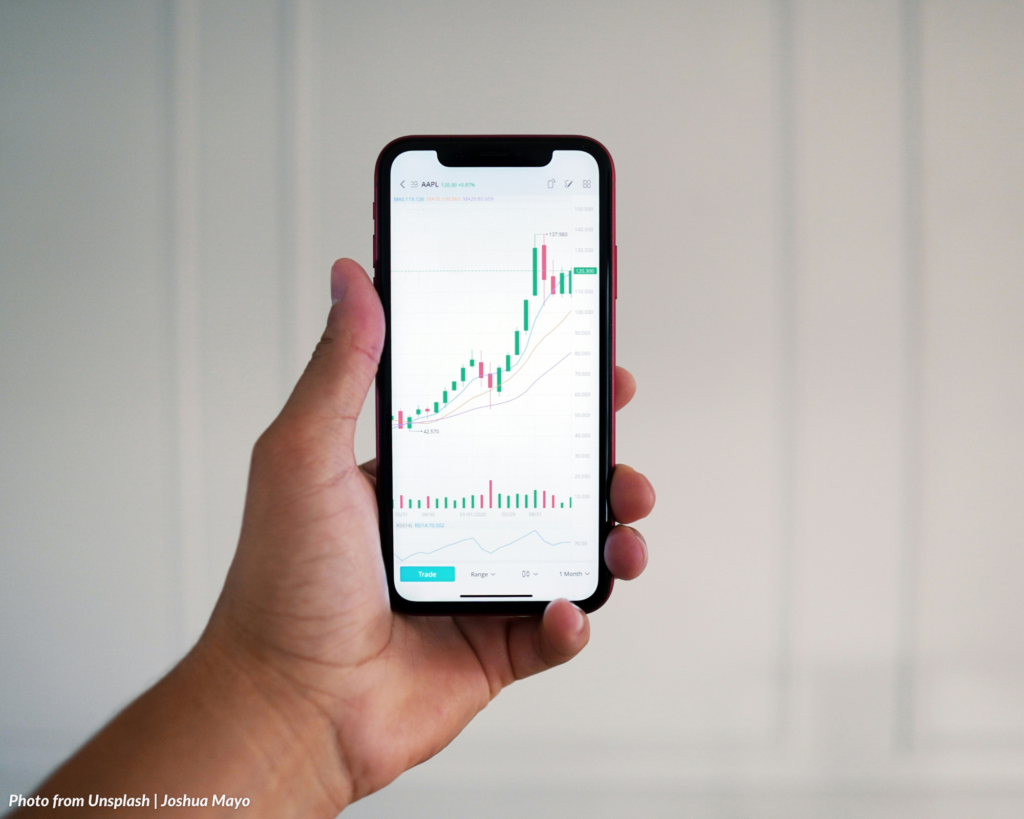
Photo from Unsplash | Joshua Mayo
The following post does not create a lawyer-client relationship between Alburo Alburo and Associates Law Offices (or any of its lawyers) and the reader. It is still best for you to engage the services of a lawyer or you may directly contact and consult Alburo Alburo and Associates Law Offices to address your specific legal concerns, if there is any.
Also, the matters contained in the following were written in accordance with the law, rules, and jurisprudence prevailing at the time of writing and posting, and do not include any future developments on the subject matter under discussion.
AT A GLANCE:
Stock market transactions affect the general public and the national economy. The rise and fall of stock market indices reflect to a considerable degree the state of the economy. Trends in stock prices tend to herald changes in business conditions.
(Philippine Stock Exchange, Inc., et al. v. Secretary of Finance, et al., G.R. No. 213860, July 05, 2022)
In the case of Philippine Stock Exchange, Inc., et al. v. Secretary of Finance, et al. (G.R. No. 213860, July 05, 2022), the Supreme Court ruled that the importance of the stock market and the transactions therein to the country’s economic and commercial development cannot simply be brushed aside.
Jurisprudence says:
Stock market transactions affect the general public and the national economy. The rise and fall of stock market indices reflect to a considerable degree the state of the economy. Trends in stock prices tend to herald changes in business conditions. Consequently, securities transactions are impressed with public interest, and are thus subject to public regulation.
Further, an absolutely unrestricted market could be potentially harmful as fraudulent transactions may be perpetrated; on the other hand, too much regulation may discourage investors, including foreign investors, to enter the market due to high costs and burdens of doing business.
Whenever there is a regulation imposed by the State in the commercial aspect of the stock market, the Court should not simply brush aside the issue; rather, such issue must be meticulously examined to determine whether it is in line with the Constitutional principle to recognize the indispensable role of the private sector, encourage private enterprise, and provide incentives to needed investments.
Trading through a broker or a securities intermediary is allowed under Section 43.1 of Republic Act No. 8799, or the Securities Regulation Code (SRC). Brokers are essentially the counterparties to the stock transactions at the stock exchange. They buy and sell stocks on behalf of the principal. As the principals of these brokers are generally undisclosed, brokers are generally personally liable for contracts thus entered into.
The law says:
“A corporation whose securities are registered pursuant to this Code or listed on securities exchange may:
(a) If so resolved by its Board of Directors and agreed by a shareholder, investor or securities intermediary, issue shares to, or record the transfer of some or all its shares into the name of said shareholders, investors or, securities intermediary in the form of uncertified securities. The use of uncertified securities in these circumstances shall be without prejudice to the rights of the securities intermediary subsequently to require the corporation to issue a certificate in respect of any shares recorded in its name; and
(b) If so provided in its articles of incorporation and by-laws, issue all of the shares of a particular class in the form of Uncertificated securities and subject to a condition that investors may not require the corporation to issue a certificate in respect of any shares recorded in their name.”
(Section 43.1, SRC)
Related Article/s:
Fundamental Rights of a Stockholder
Securities under the Securities Regulation Code
What is a tender offer under the Securities Regulation Code
Alburo Alburo and Associates Law Offices specializes in business law and labor law consulting. For inquiries regarding taxation and taxpayer’s remedies, you may reach us at info@alburolaw.com, or dial us at (02)7745-4391/0917-5772207.
All rights reserved.


